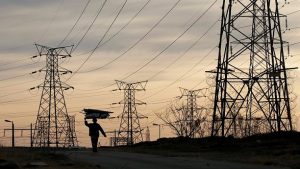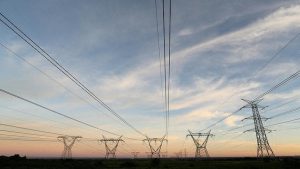Energy analyst Ted Blom has warned consumers to brace themselves for annual electricity tariff increases of between 25 and 30% as Eskom continues to struggles with ageing infrastructure, a bloated staff component and corruption.
On Friday, the embattled power utility announced disappointing financial results for the financial year ending March 2020. It says its unsustainable debt burden led to a net loss of R20.5 billion. Eskom says it urgently needs to reduce its debt to restore financial sustainability.
However, Blom says the campaign by Eskom to increase tariffs to what it terms “cost-reflective” has been ongoing since 2008. He says that annual increases should be less than 4.5%, but Eskom continues to make consumers pay for the funds lost to corruption.
“Cost-effective just means whatever it costs Eskom to run and generate a kw/h of electricity plus a profit margin that’s the cost they believe they entitled to so for the last 5 or 10 years with all the corruption. The cost effective tariffs would in fact include all the corruption taking place at Eskom and then of course people must not forget there’s still a 10% increase waiting at the appeal court. If Eskom wins, that will come onto the 25%. The benchmark was CPI minus, so CPI this year is about 4.5% Eskom’s increase should be less than 4.5% .”
Eskom Annual Results media briefing:
Vandalism
Last week, the power utility’s Chief Executive Officer Andre de Ruyter said theft and vandalism remain major challenges in the power utility’s efforts to ensure reliable and uninterrupted electricity supply.
The power utility embarked on a communications drive to educate the public about illegal connections, the load reduction drive and other issues impacting the national power grid.
“On the distribution side of our business, we are concerned that there [are] continued illegal activities that affect our grid. At present we are losing about R2.5 billion a year due to electricity theft, illegal connections and meter tampering.”
“Given the constraints of Eskom’s financial statements, this is not a loss that we can accommodate. We have therefore decided to implement load reduction during peak hours in order to protect our assets,” explained de Ruyter.
Eskom’s quarterly state of the system briefing:






